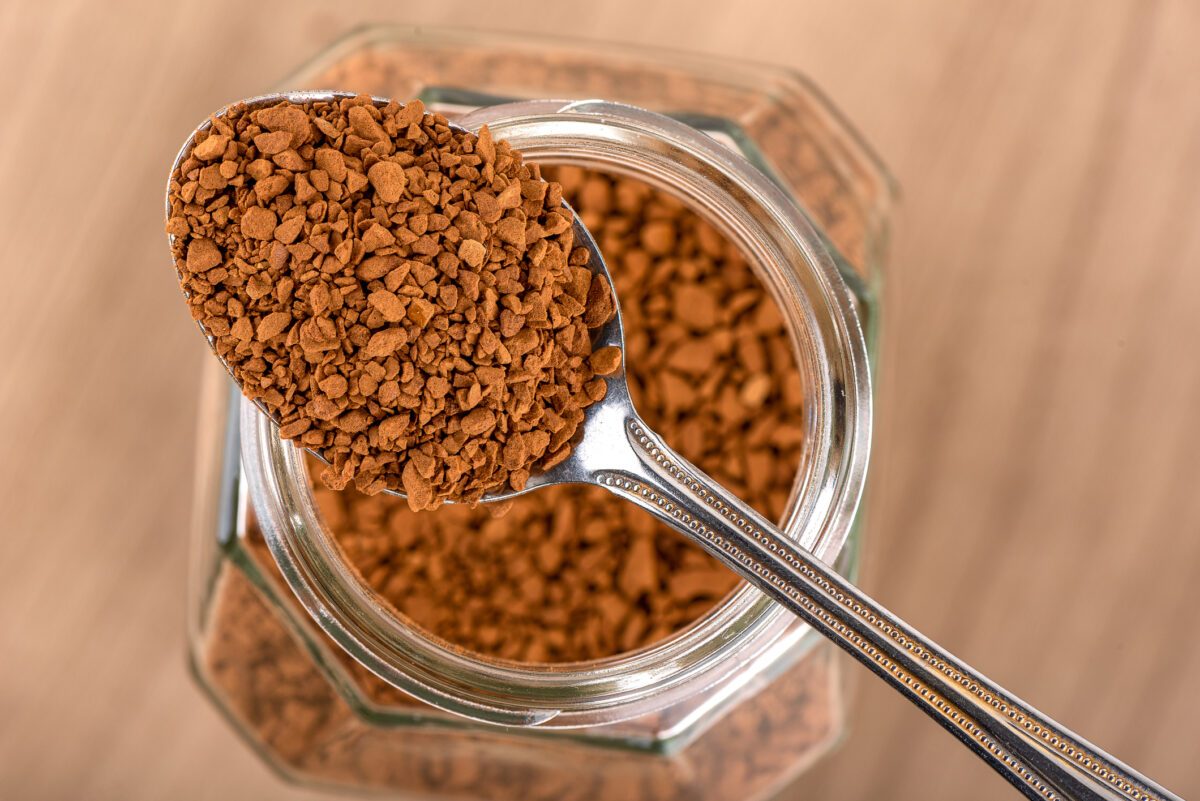How you prepare your morning cup of joe could be linked to an eye disease that affects nearly 20 million Americans.

This Type of Coffee Could Make Vision Problems 7 Times More Likely, Says New Research

While brushing your teeth is undoubtedly a crucial step (one that can help your heart!) of any morning routine, data shows drinking coffee is almost as universal. In fact, the Spring 2025 National Coffee Data Trends report says 66% of American adults drink coffee every day—and of those coffee drinkers, 71% opt to make their coffee at home.
But if you depend on a cup of joe for a caffeine boost, you may want to pay attention to the type of coffee you consume, as a new study published in the medical journal Food Science & Nutrition suggests that one particular type could have negative health effects.
Analyzing data from other studies, a team of Chinese researchers—most representing the field of ophthalmology—used several methods to further explore a potential connection between coffee, genetics, and a risk of age-related macular degeneration (AMD).
Age-related macular degeneration is an issue with your retina, in which part of the retina (the macula) is damaged, according to the American Academy of Ophthalmology. Often a person with age-related macular degeneration will lose their central vision while retaining their peripheral (side) vision. The American Macular Degeneration Foundation says this condition is “the leading cause of irreversible vision in adults over 60,” affecting almost 20 million Americans.
The research team examined data for over 500,000 participants, looking at information on adults over 50 years old who have dry or wet age-related macular degeneration.
Dry age-related macular degeneration is the most common form of age-related macular degeneration, and people with the disease usually lose their vision slowly over time, though they typically don’t lose their central vision completely, says the Cleveland Clinic.
Wet age-related macular degeneration, on the other hand, is more serious, and “can quickly lead to total loss of central vision.” Additionally, dry age-related macular degeneration has the potential to become wet age-related macular degeneration.
The study’s results indicated that there is a “genetic correlation between instant coffee consumption” and dry age-related macular degeneration. It suggests that drinking instant coffee could possibly make a person’s risk of age-related macular degeneration seven times more likely.
Researchers also studied other types of coffee consumption—overall, decaf, and ground coffee—but didn’t find a significant link between any of them and the risk of age-related macular degeneration.
“Studying the genetic predisposition to coffee consumption and its relationship with [age-related macular degeneration] risk may help reveal potential causal links between diet and eye diseases,” the study’s authors wrote.
The researchers also expressed their hope that the study could help people already at risk for age-related macular degeneration to better manage the disease. They explained, “Clinicians can advise patients to reduce instant coffee intake based on genetic risk profiles, offering a precision approach to reduce dry [age-related macular degeneration] risk.”
Notably, the study only found a link between drinking instant coffee and dry age-related macular degeneration risk, not wet age-related macular degeneration risk.
Though future research could help health experts better explain this possible correlation, it wouldn’t hurt to try replacing the instant coffee in your cupboard with a bag of beans or grounds, especially if you have a family history of this condition.
For daily wellness updates, subscribe to The Healthy by Reader’s Digest newsletter and follow The Healthy on Facebook and Instagram. Keep reading:




















